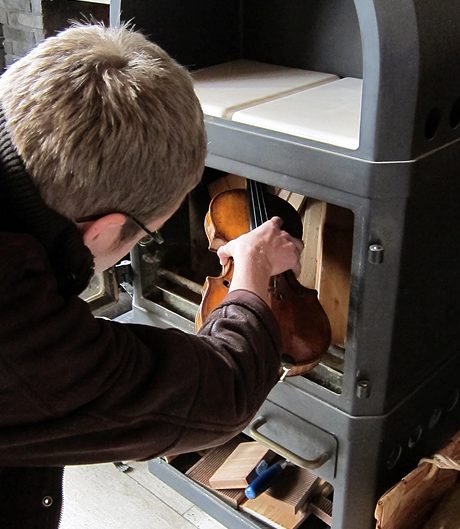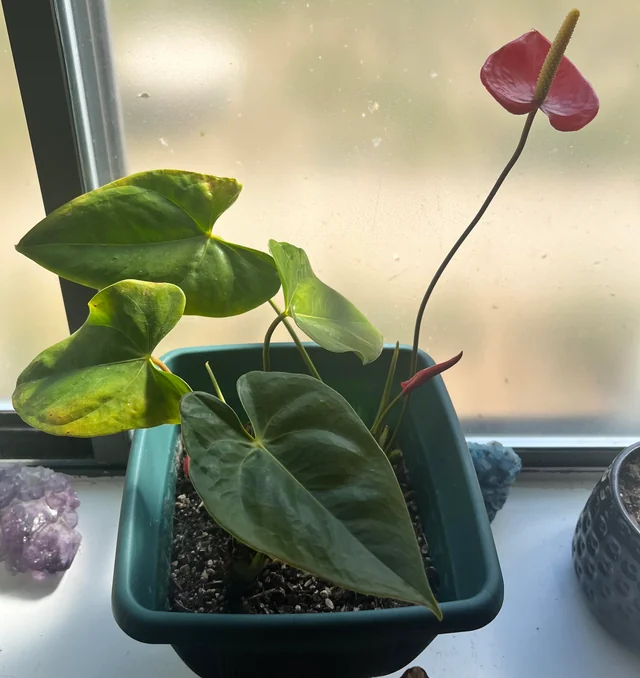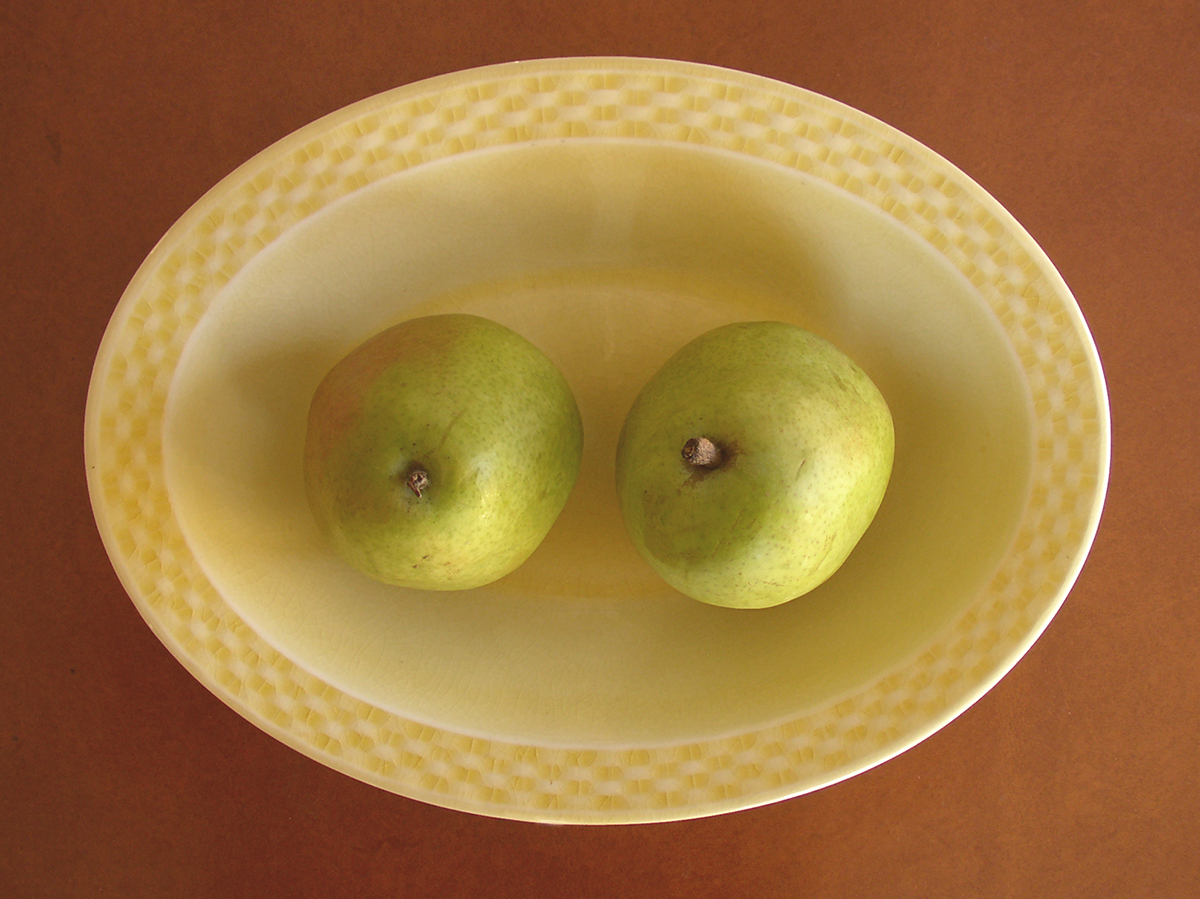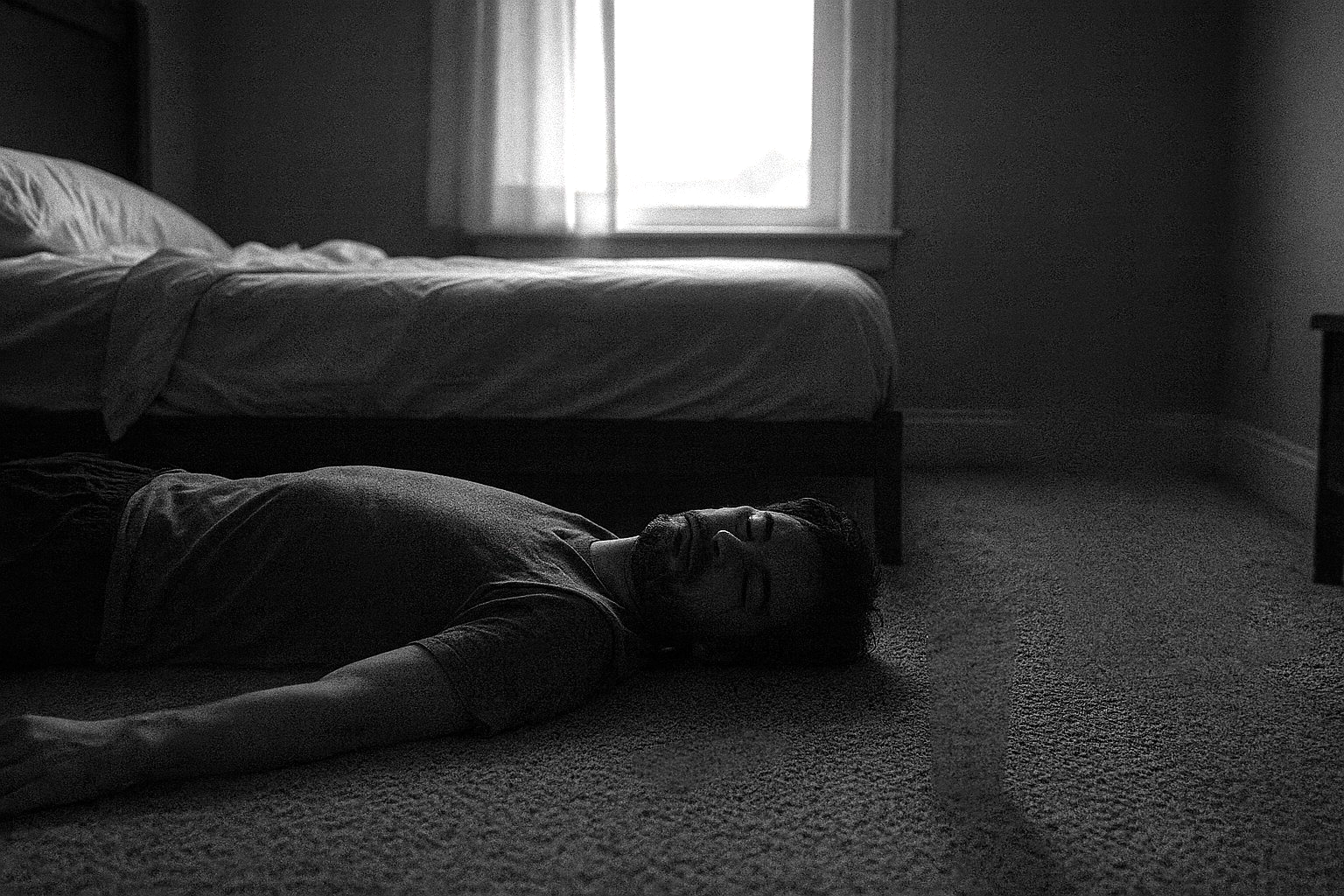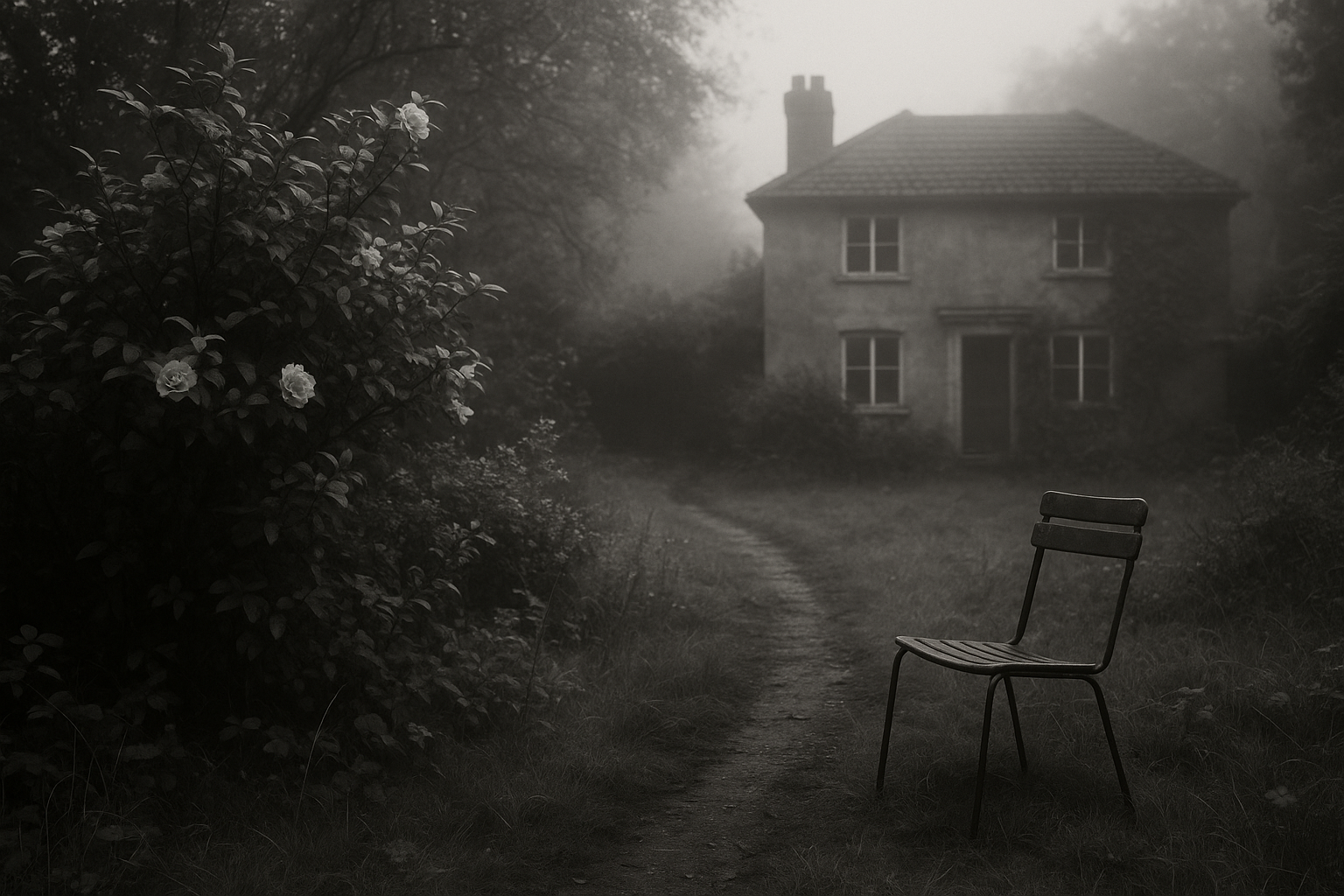One day, Little Josh Rednor went to fetch his father’s dictionary from the cabinet. It was a very large tome, and only with great difficulty he managed to pry it from its spot and heave it, huffing and puffing, to the ground, and since it hadn’t been moved by anyone for many years, dust descended on little Josh in a swirling cloud that completely enveloped him for a moment.
“U,” he murmured after he had recovered and started leafing through the many thin pages of the dictionary. “U. University. Unpleasant. Urdu. Urinate.”
At length his finger alighted on the very word that would change his life forever.
“Usurp,” little Josh Rednor mouthed, wonderstruck. “Usurp. Usurpation. Usurper.”
The very next morning, he stood up before the entire class and read what he had written in a delicate, almost feminine hand in his notebook: “Usurp – to take power wrongfully or by force.” Then, gathering up his pencils, ruler, and notebook, he marched out the door and usurped the town of Picu Monde, where he lived.
In Picu Monde, none would have guessed at the strange and precipitous turn little Josh Rednor’s life would suddenly take at the age of six. Josh had lived in Picu Monde his whole life. He was the third child of Emma and Anton Rednor, who were raising their children on a postman’s salary in a small but cozy house on Tulip Street.
Mary, at age eight, doted on little Josh. Bill, the oldest, was out West to learn how to be a stockbroker and consequently missed the upheaval the littlest in the family caused back home in Picu Monde.
The most astonishing thing, Josh reflected later, was how easy it had been.
Really, it took very little effort at all. In minutes, the long-established government in power crumbled and turned over to Josh the entire run of the place. Keegan, the old finance minister, even bent down and patted him on the head on his way out.
“Fine chap, that Keegan,” little Josh murmured, almost sorry to see the old man leave.
Oh yes, he remembered fondly, now sitting in the shade of the palace walls.
He’d had an easy time of it. Promptly after reading aloud his homework, he had gone back to his family home on Tulip Street and begun rummaging once more in the cabinet. His father stored many things there, and more than a couple seemed to Josh ideally suited for his plan. The old seaman’s hat, for one, which he put on at once, and he was beyond pleased that it made him look grave and respectable. A smudged, battered piece of cloth, too, which Josh mistakenly took for the French flag (it was a hand-sewn post office ensign, dated circa 1850). This he hoisted on a stick, holding it aloft in his march on the palace. The old musket he cleaned and slung over his shoulder.
In his heart, little Josh Rednor had already steeled himself for a lengthy confrontation, even a siege, if need be. To assure victory, he had packed all the food available into a neat little bundle, and when he came in sight of the palace the first grumblings could be heard distinctly coming from the boy’s stomach — in his excitement that morning he had forgotten all about breakfast.
But there was to be no siege that morning. Imagine Josh’s surprise when after a hurried discussion and a vote lasting no more than two minutes all the members of the cabinet rose and fled at once from the great banquet hall, rather as if they had been waiting for years and years for someone to come along and oust them.
The relief in the banquet hall was palpable.
For a full minute or so the steps of the retreating cabinet members still echoed out in the hallway, then Josh traipsed to the window overlooking the entrance to the palace and saw the first of the former politicians filing out at a mad run, followed in quick succession by everyone else.
Twelve, he counted.
“Far out,” Josh said to himself as he walked among the abandoned chairs, noticing the afternoon tea still languishing in the cups (none had been spilled; it had been an orderly retreat after all), taking a glance at the papers spread out on the table, with some doodles and the day’s agenda marked upon them (here little Josh shook his head in disapproval), and finally going to close the great wooden door which in their hurry the cabinet members had left wide open. It swung shut, and despite the best of the boy’s efforts could not be swayed to open again.
“My God, I’m trapped!” he thought in a mild panic, but then his quick wit intervened and the boy realized that nobody could come in, either, and he let himself fall with a sigh and a swoon into one of the plush old chairs that looked like a throne, his six-year-old feet dangling in the air, and began to unpack his lunch: some bread, cheese, and a great number of brightly colored sweets. “Well, that concludes a good day’s work,” he said munchingly. Afterwards, he spread the blue post office ensign — the symbol of his conquest — out on the table. His tiny, tussled head of hair sank onto the table where it came to rest on a pillow of scrappy breadcrumbs and soft, melted cheese, and soon happy snoring reached the empty hallways of the presidential palace of Picu Monde, where even the rats had noticed the changing of the guard and for once stopped their scratching inside the palace walls.
When little Josh Rednor came to, the bright light made him blink. He thought he was still dreaming and wanted to lower his head to the table again when his eyes alighted on the open door. “What?” he sputtered. “Impossible!” His mood soured.
He sat up, and to his even greater consternation found that someone was standing before him, a man in heavy plated armor and a visored helm of some kind, looking down on him. In his raised right hand was a giant sword, glinting in the light.
“Are you mad?” little Josh yelped, rousing himself. “How dare you?”
Nimbly, he stepped back from the chair to evade the first downward thrust, surely meant to take off his head. Still sleep-ridden, he promptly got his legs all in a tangle and fell on his bottom, where he remained, raising his hands in a last defense.
“Hold off, Sir!” he cried, while his mind conjured an image of his mommy, holding out a cookie.
What had he been thinking? How could he have been so silly? Of course, they were never going to just let him have the throne. Their hurried retreat — nothing but a clever ploy. He could see that now. Oh, the naïveté! He would pay for it through the nose. What a colossal, unforgivable error of judgment, and on his first day on the job, too! Now it might cost him everything, even his life. “Stupid, stupid, stupid,” little Josh murmured, defiantly closed his eyes and raised his chin to receive the coup de grâce with dignity, the way he presumed the kings of yore had gone to their deaths.
“I won’t beg for my life, Sir,” he said through clenched teeth. “Get it over with. Do it already.”
The seconds dragged by and still the bite of the blade did not come. Resignation turned to anger.
“You cretin!” cried Josh. “What are you waiting for?”
He squinted, and the light shifted. So did everything else. The knight in shining armor morphed into a tall, humpbacked man in an apron. To the apron was pinned a brooch, which the sun and lingering shreds of sleep stuff had turned into fearsome armor. The man, looking like a scarecrow with his extreme height, thinness, and unruly strands of black hair, wore no visored helm either but an elongated cook’s hat. He brandished no sword but a soup ladle.
“On’y thought I heard sumpin, is all,” the man said in a thick drawl and raised the ladle again. Patiently, he went on scooping invisible soup from the air as little Josh watched him, rubbing his bottom on which he had suffered a painful bruise. He could hardly believe his luck.
“A simpleton,” he said to himself. “How wonderful.”
He set the man to work. Earlier, interrogating him, little Josh had been able to glean some very basic information: that the simpleton had served under the old administration, and the ones before that, going back more than thirty years, first as an errand boy, managing simple chores, later as a sort of groundskeeper; that he was indeed a simpleton (he could not solve even the most basic arithmetic, the kind little Josh had learned in the first grade); and that his name was Michael Callum. Or Callen. Or Keln.
“Go scrub the floor, Michael Keln,” little Josh commanded and went back to his throne-like chair, while Michael Keln, exchanging the ladle for a broom, began to sweep the floor rhythmically and with the seasoned strokes of a veteran housekeeper.
So far, little Josh approved of everything he saw, for what he saw was a perfect lack of reflection.
“Very good, Michael Keln!” he praised the servant when he had finished with the room. Indeed, the floor now shone, dully perhaps, but still much improved.
As the day wore on, little Josh found many more things for Michael Keln to do. At times he would watch him work: ridding the banquet hall of the previous administration’s mess of paperwork; making the bird droppings disappear from the windowsills; and shortening the legs on all the chairs. The leftover stubs of wood were burned in the chimney along with a mass of useless documents and books, and the boy’s face flushed with excitement at the sight of the conflagration.
When not watching Michael Keln carry out his orders, little Josh slept, at first warily, for he still could not rule out that the fool planned to assassinate him. For an hour or so, thus, he feigned sleep, squinting at Michael Keln as he swept, brushed, and dusted his way about the room. After a while, however, his little mind was made up.
“That man is a danger only to himself,” he thought, and peacefully nodded off to the sound of the crackling fire.
“Noddin’ more to burn,” Michael Keln startled him, and he nearly toppled off the throne.
“What?” he said. “Oh yes, yes. Excellent. Well, now, then only one thing remains, doesn’t it?”
The servant only looked at him.
“The flag, man! Are you so addled that you don’t know we have to hoist the flag?” He took the post office ensign of 1850 and pinned it rudely on Michael Keln’s chest. “There are rules, you know.”
The palace roof sported many spires, a few within easy reach once they had squeezed through the window. The roof had a steep slope, however, and so it looked rather heroic when shortly after the two of them were slowly inching their way forward to the nearest of the spires. Grabbing it, Michael Keln began to pin down the ensign, but the boy’s voice stopped him.
“Not that one!” cried little Josh, straining to be heard above the wind. “Further up! It’s got to be the highest, or they will never respect us.”
Wordlessly, Michael Keln pointed to a spire almost lost in the clouds.
“Yup, that one!” the boy shouted. “Go, do it!”
Screamingly, he directed the servant, who more than once came perilously close to plummeting to the ground, until it was done and the post office ensign finally swayed in the breeze, on the top of the palace. Seeing the dirty little rag up there, the boy’s heart leapt free of his little chest. “Just look at that,” he marveled.
But what good was anything, even the mightiest deed, if nobody knew about it?
Down in the proper town — removed from the palace by a long slope, a stretch of brambles, and a tiny stream with a ramshackle wooden bridge over it — everything was as quiet as always. Nothing stirred. Life in Picu Monde revolved around the little things, and it did so very slowly. A new king? News like that would take ages to process properly.
And what about the former leaders? They hadn’t told anyone, either, but simply gone on running, one after another in neat order, and as the wind beat down on them for sport, threatening to bear them aloft, out of sight, these former icons ran past the town they used to administer, and past the fields with the cows and horses gawking at them, until they were swallowed up by the woods that separated Picu Monde from the neighboring precincts.
“Godspeed, little boy,” old Keegan, the former finance minister, was heard to rasp, chancing one last look back at the palace. He was the only one to do so.
Emma and Anton Rednor — little Josh’s happily married parents — were quite ignorant that the youngest chick had flown the coop, and instead suspected him at a friend’s house.
Then, news of little Josh reached them in a most unexpected manner.
Evening was drawing in when Michael Keln reached the quiet house on Tulip Street. Moments before, the clouds had quietly taken on a rosy glow at the edges and the wind, without a fuss, had died down to a murmur. No one paid the bumbling figure any heed who approached on unsteady feet just before dinner was served.
A knock on the door, and Anton Rednor stood up from the table.
“Welcome to Picu Monde,” Michael Keln said the moment the door was opened. His words slurred, for he had already gone from door to door for hours, just as little Josh Rednor had instructed him, and as a result was quite properly fatigued, even winded.
“Why thank you,” Anton Rednor said in surprise, thinking, What a nice man, but is he well? And right before his eyes, Michael Keln’s pitiful condition appeared to go from bad to worse: he screwed up his face, turned as green as a leaf, and was racked apparently by a terrible pain.
“Oh my,” Anton Rednor said in alarm and quickly took a step back into the house.
He needn’t have worried. Had old Keegan been there, he might have taken him aside and told him that it was quite all right, for he had seen the same look on Michael Keln hundreds of times. All it meant was that the servant was beginning to think long and hard about something or other. And quite so. Michael Keln wasn’t ill, but straining to remember the correct order of the words that little Josh Rednor had taught him. They had also spent hours on pronunciation.
“In the name of King Josh Rednor the First,” he finally blurted, “you are invited to attend tomorrow’s grand coronation, at noon, before the palace!”
And with that, he turned his back on Anton Rednor, who continued to stand there scratching his head, and hurriedly stalked down the footpath that led to the rest of the houses on Tulip Street and onwards. His instructions were clear: he had to get to them all before nightfall.

